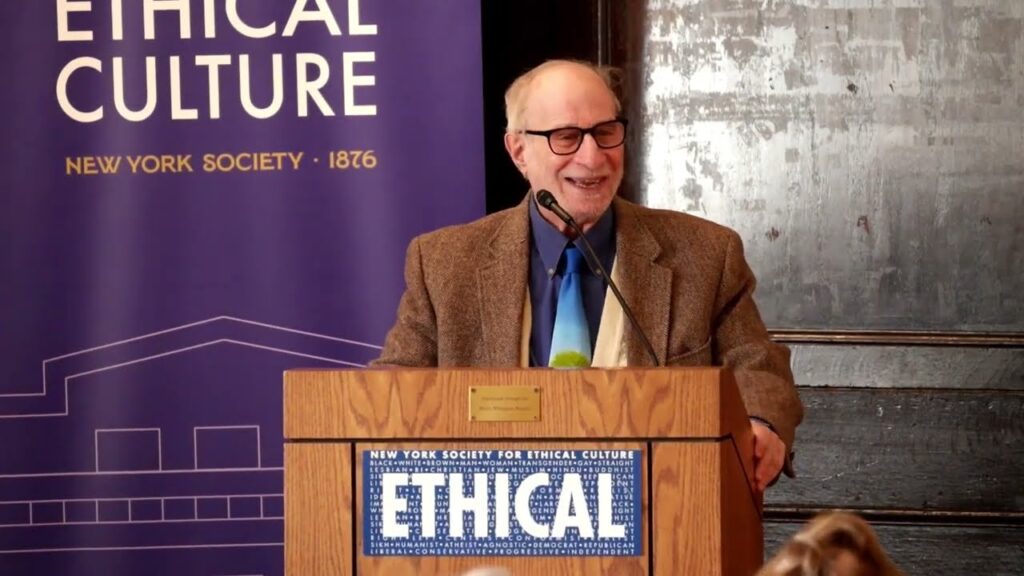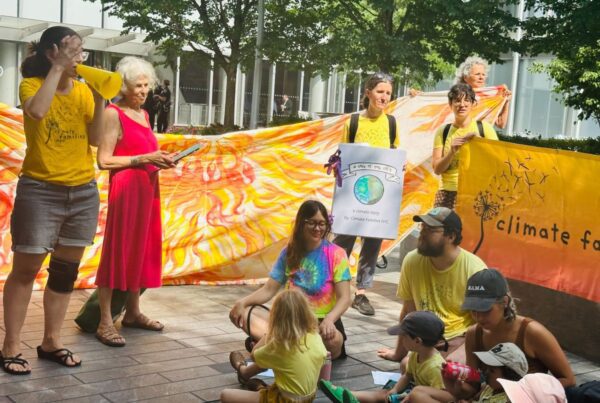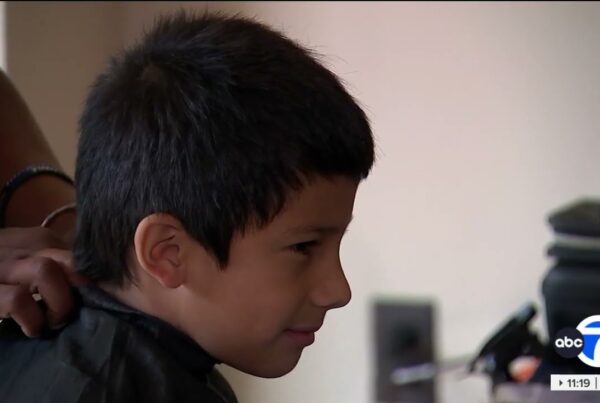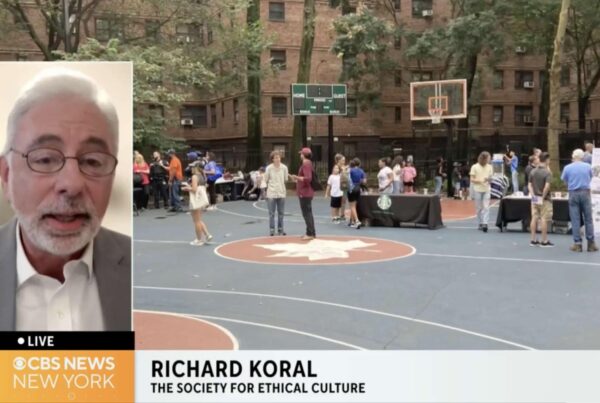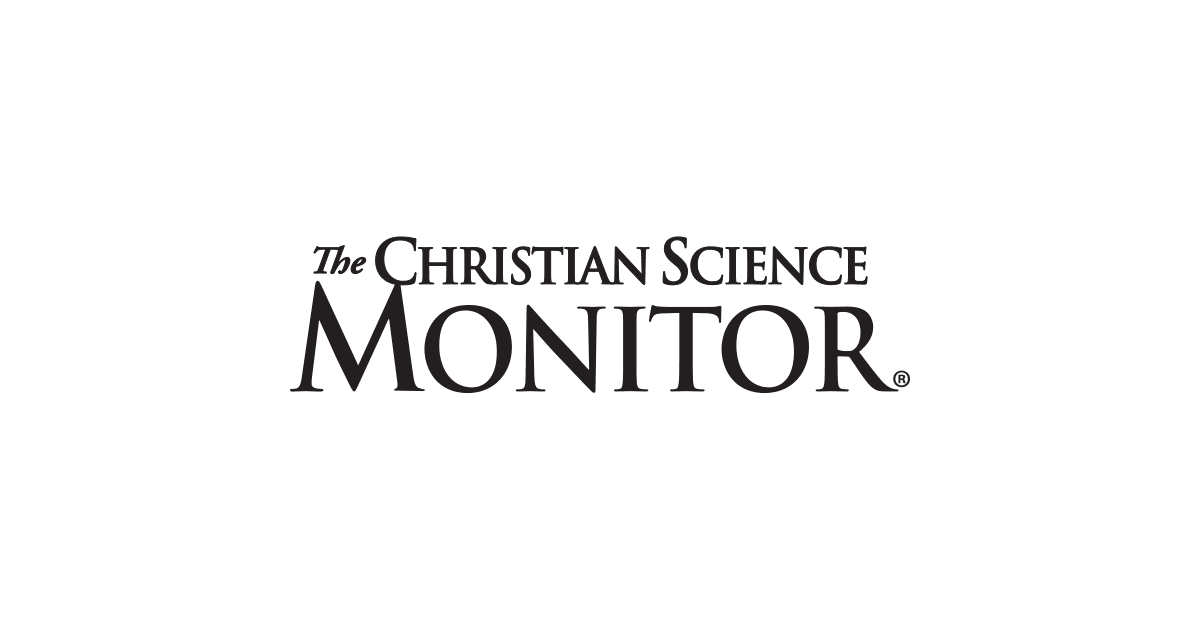
The Christian Science Monitor spoke to our own President Liz Singer and Communications Committee Chair Elinore Kaplan about our efforts to keep our community connected during these trying times:
At the New York Society for Ethical Culture in Manhattan, volunteers and staff have had to readjust as well in a time of social distancing.
It’s a term that Elinore Kaplan, a long-time volunteer at the historic humanist congregation, just across the street from Central Park, finds frustrating.
“We may be physically distancing, but we are socially communicating,” says Ms. Kaplan, co-chair of the Society’s communications committee. “I think in every sense, our being a community, our being an ethical family and extended family, we can continue to be present with each other in a variety of ways.”
Most of the society’s staff had already been working from home, but Ms. Kaplan felt a deep need to be present with the few staff members that came in that day, in an office following CDC protocols. As co-chair of the communication’s committee, she’s helping to brainstorm how the society can move forward with its services and other outreach missions.
Its Sunday “platform,” the term they use for their non-theistic but spiritually centered services, has been canceled for the foreseeable future, and committee meetings have moved online or to conference calls.
“We’ve spent the last three days doing nothing but saying, how do we calm people’s fears?” says Liz Singer, president of the Society for Ethical Culture’s board of trustees. “How do we let them know we’re here? How do we let them know that if they feel the need to come in, how can they be able to reach out and to talk to us?”
The society also maintains a women’s homeless shelter in the basement of their building, a partnership with The Olivieri Center in New York. It also houses a televisiting program that connects families with loved ones being held in New York’s notorious Rikers Island jail complex, which houses those awaiting trial and who cannot afford bond.
“We’ve got a lot of people concerned with these outreach programs, asking, ‘Are people getting food? Are we going to be able to continue?’ ” Ms. Singer says.
Read the entire article here!

